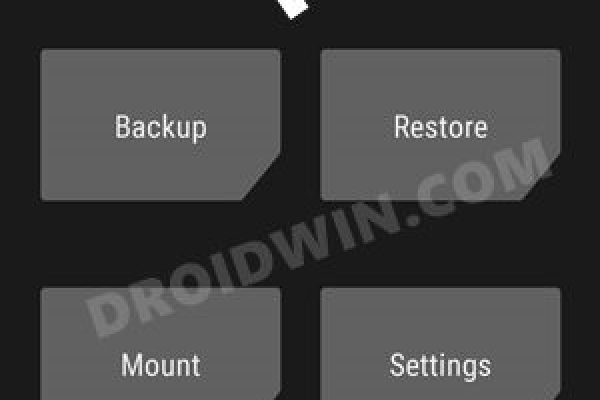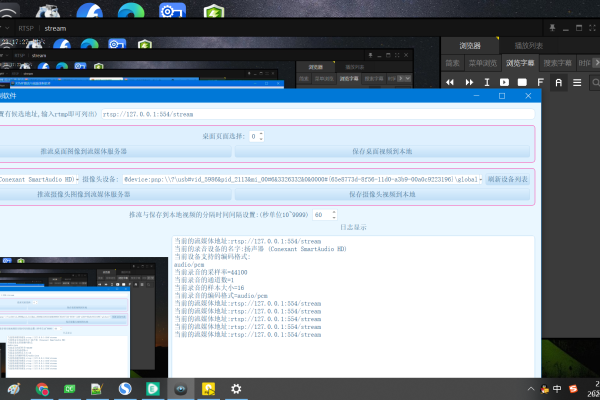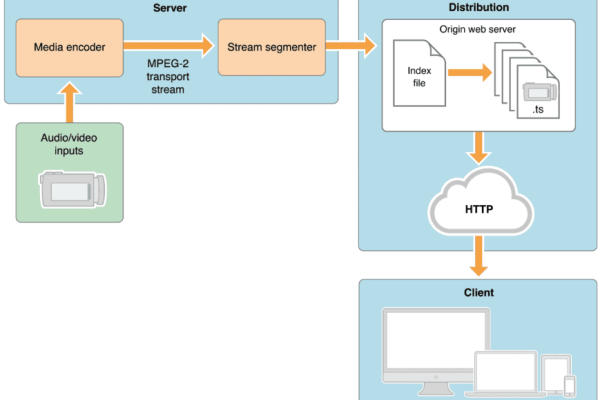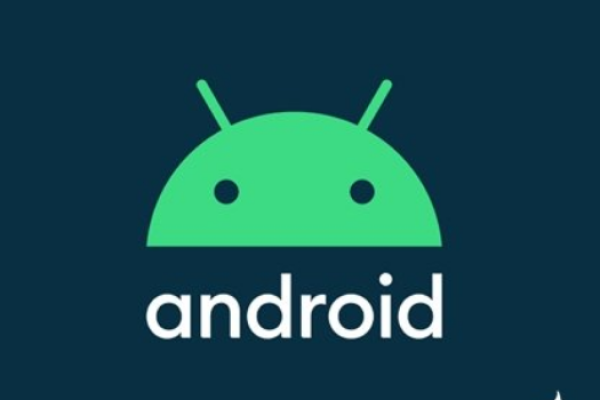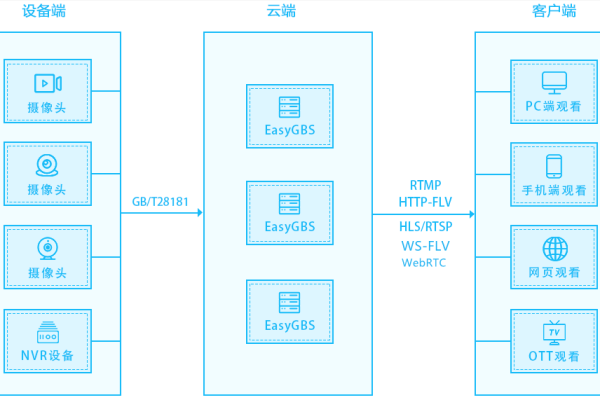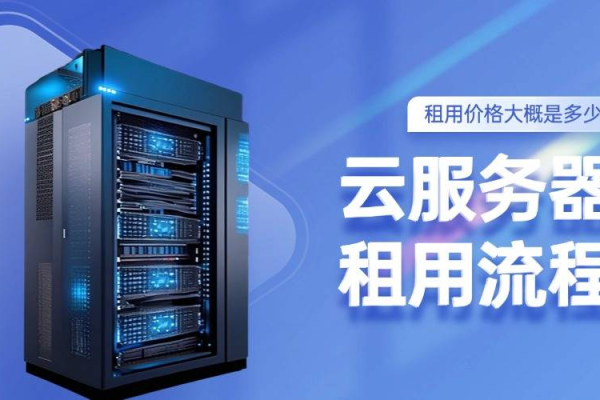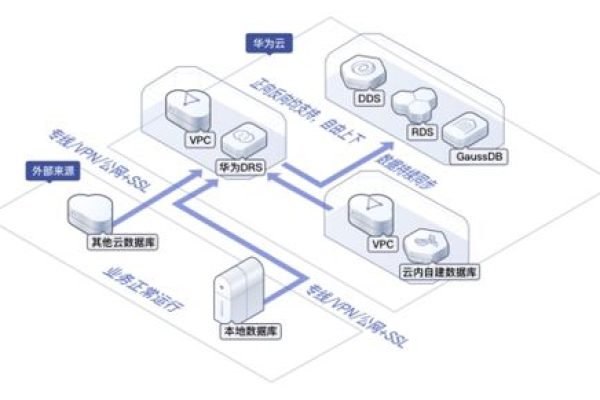Android网络流读取详解,如何有效获取和处理网络数据流?
- 行业动态
- 2025-03-06
- 9
HttpURLConnection 或 OkHttp 等库发起 HTTP 请求,通过输入流(如 InputStream) 读取服务器返回的数据。
Android读取网络流的详细回答
在Android开发中,读取网络流通常涉及从服务器获取数据并在应用中进行处理,以下是关于Android读取网络流的详细解答:
一、使用HttpURLConnection读取网络流
1、添加网络权限:
在AndroidManifest.xml文件中添加以下权限,以便应用可以访问网络:
<uses-permission android:name="android.permission.INTERNET"/>
<uses-permission android:name="android.permission.ACCESS_NETWORK_STATE"/> 2、创建网络请求:
使用HttpURLConnection类来创建HTTP请求,要获取一个JSON数据,可以使用以下代码:
URL url = new URL("http://example.com/api/data");
HttpURLConnection urlConnection = (HttpURLConnection) url.openConnection();
urlConnection.setRequestMethod("GET"); 3、处理网络响应:
从HttpURLConnection对象中获取输入流,并读取数据。
InputStream inputStream = urlConnection.getInputStream();
BufferedReader reader = new BufferedReader(new InputStreamReader(inputStream));
StringBuilder stringBuilder = new StringBuilder();
String line;
while ((line = reader.readLine()) != null) {
stringBuilder.append(line);
}
String responseData = stringBuilder.toString(); 4、关闭连接:
不要忘记关闭连接以释放资源:
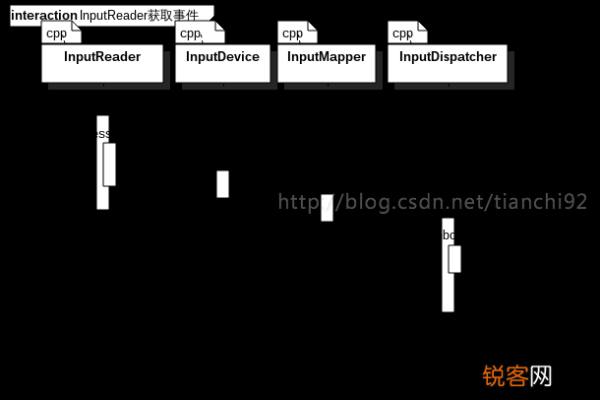
urlConnection.disconnect();
二、使用OkHttp库读取网络流
1、添加依赖:
在项目的build.gradle文件中添加OkHttp库的依赖:
implementation 'com.squareup.okhttp3:okhttp:4.9.1'
2、创建网络请求:
使用OkHttpClient和Request对象来创建异步的网络请求。
OkHttpClient client = new OkHttpClient();
Request request = new Request.Builder()
.url("http://example.com/api/data")
.build(); 3、发送请求并处理响应:
使用client.newCall(request).enqueue方法来发送请求,并通过回调函数处理响应:
client.newCall(request).enqueue(new Callback() {
@Override
public void onFailure(Call call, IOException e) {
e.printStackTrace();
}
@Override
public void onResponse(Call call, Response response) throws IOException {
if (response.isSuccessful()) {
final String responseData = response.body().string();
// 在这里处理响应数据
}
}
}); 三、使用Retrofit库读取网络流(推荐)
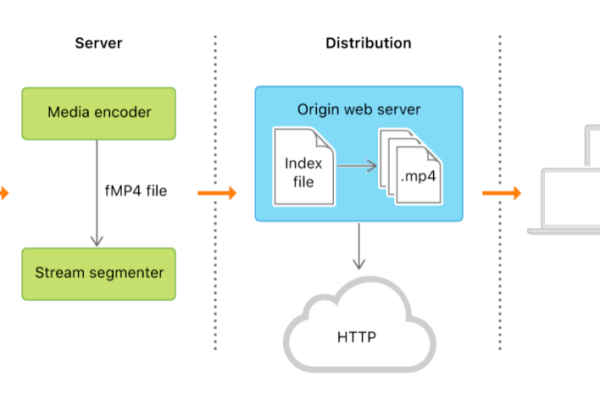
1、添加依赖:
在项目的build.gradle文件中添加Retrofit和Gson库的依赖:
implementation 'com.squareup.retrofit2:retrofit:2.9.0'
implementation 'com.squareup.retrofit2:converter-gson:2.9.0' 2、创建API接口:
定义一个接口来描述API端点。
public interface ApiService {
@GET("file.txt")
Call<String> getFileContent();
} 3、配置Retrofit实例并发起请求:
使用Retrofit.Builder来配置Retrofit实例,并创建API接口的实现:
Retrofit retrofit = new Retrofit.Builder()
.baseUrl("http://example.com/")
.addConverterFactory(GsonConverterFactory.create())
.build();
ApiService service = retrofit.create(ApiService.class);
Call<String> call = service.getFileContent(); 4、发送请求并处理响应:
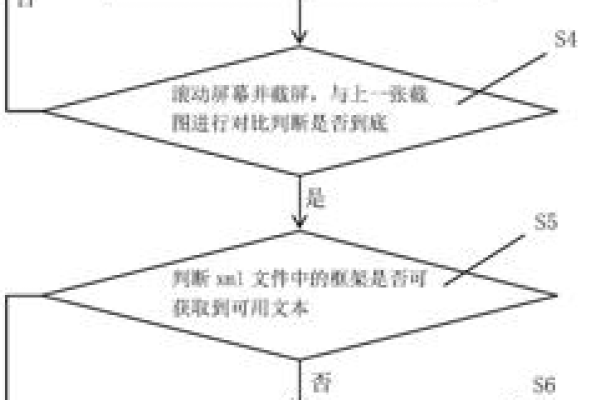
通过call.enqueue方法来发送请求,并通过回调函数处理响应:
call.enqueue(new Callback<String>() {
@Override
public void onResponse(Call<String> call, Response<String> response) {
if (response.isSuccessful()) {
String content = response.body();
// 在这里处理文件内容
}
}
@Override
public void onFailure(Call<String> call, Throwable t) {
t.printStackTrace();
}
}); | 步骤 | 方法 | 说明 |
| 1 | 添加网络权限 | 在AndroidManifest.xml中声明INTERNET和ACCESS_NETWORK_STATE权限 |
| 2 | 创建网络请求 | 使用HttpURLConnection或OkHttpClient创建HTTP请求 |
| 3 | 处理网络响应 | 从输入流中读取数据,并处理响应 |
| 4 | 关闭连接 | 调用disconnect方法关闭HttpURLConnection连接 |
| 5 | 使用第三方库 | 使用OkHttp或Retrofit库简化网络请求和响应处理 |
| 6 | 解析数据 | 根据需要解析JSON或其他格式的数据 |
| 7 | 更新UI | 在主线程中更新UI元素以显示数据 |
五、相关问题与解答栏目
问题1:如何在Android中处理网络请求的异常情况?
解答:在Android中处理网络请求的异常情况,可以在try-catch块中捕获异常,并通过日志记录或用户提示来处理,在使用HttpURLConnection时,可以在finally块中确保连接被关闭,无论是否发生异常,在使用OkHttp或Retrofit时,可以通过实现Callback接口的onFailure方法来处理请求失败的情况,建议在用户界面上显示适当的错误消息,以提高用户体验。
问题2:如何选择合适的网络库进行Android开发?
解答:选择合适的网络库取决于项目的具体需求和开发团队的熟悉程度,HttpURLConnection是Android内置的网络库,适合简单的HTTP请求;OkHttp是一个强大的第三方库,提供了更丰富的功能和更好的性能;Retrofit则是一个类型安全的HTTP客户端,适用于复杂的API交互和数据处理,对于大多数Android开发者来说,推荐使用OkHttp或Retrofit来简化网络请求的处理流程。
